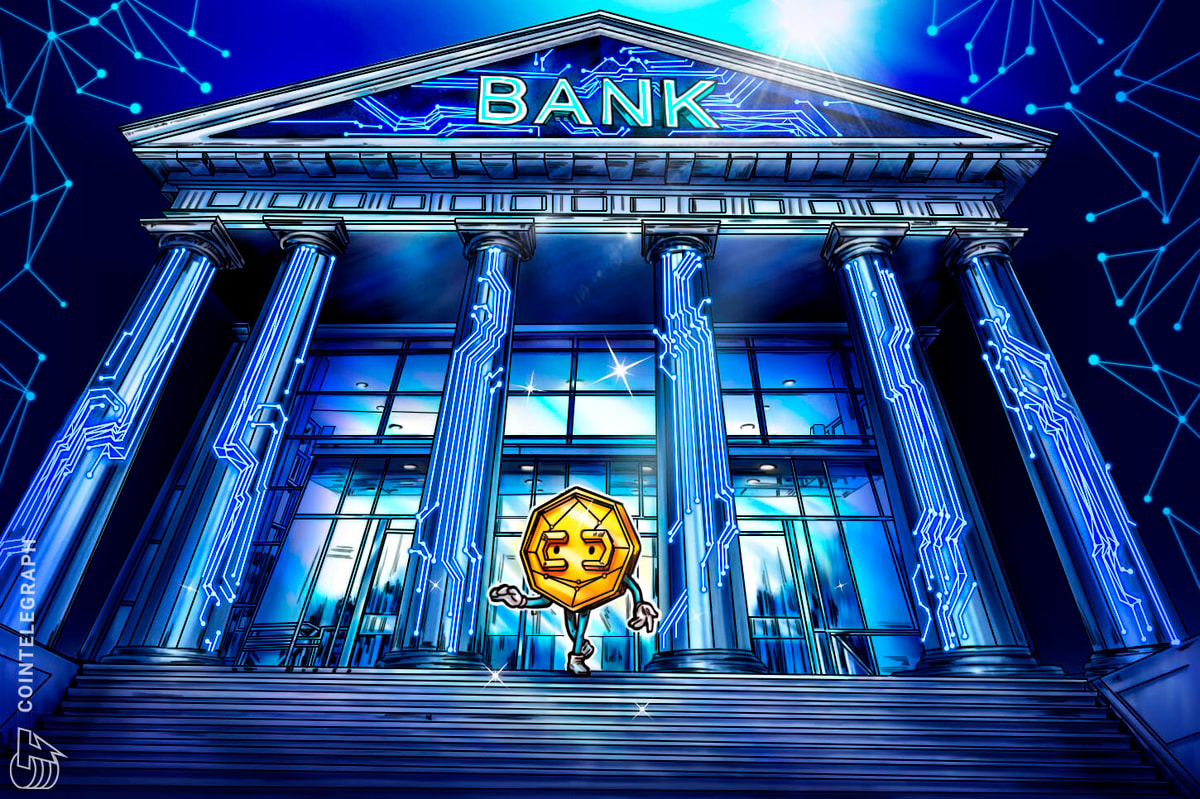Statement from: Senator Cynthia Lummis
When people consider digital assets and financial innovation, they often imagine Silicon Valley or Wall Street.
However, Wyoming, with its vast open spaces, unique economy and distant communities, makes a compelling argument for why digital assets, fintech and open banking are so essential.
The U.S. Congress passed Section 1033 of the Dodd-Frank Act in 2010, requiring the Consumer Financial Protection Bureau (CFPB) to be sure that consumers can access and own their very own financial information.
The open banking section of this law is a shiny spot.
Wyoming because the winner
For example, if a mother in Lovell who kept her money at Big Horn Federal wanted to make use of a service like Venmo or PayPal to send some money to her student on the University of Wyoming, she could grant that permission.
During President Donald Trump's first term, he began the strategy of developing clear rules that made it easier for consumers to share their banking information – while ensuring appropriate security and disclosure – so that they could easily use financial tools like Venmo and PayPal and digital asset exchanges.
Wyoming and Open Banking
Open banking can be critical to integrating digital assets into the U.S. economy by promoting competition and allowing consumers to share their data with digital asset exchanges and stablecoin issuers, enabling faster and cheaper payments.
In 2024, the Wyoming legislature passed a law encouraging banks to enable open banking. This law followed dozens of digital asset and blockchain bills that lawmakers have also passed since 2017, with the intent of constructing Wyoming the popular jurisdiction for digital asset firms, just like what South Dakota did for bank cards and banking within the early Eighties.
In 2024, the Biden administration finalized the open banking rule, which was immediately challenged in court by major banks who claimed it exceeded legal limits. The government also threatened to impose significant fees on digital asset and financial technology platforms equivalent to Venmo and PayPal to discourage consumers from using these platforms.
Banks need to proceed to have a monopoly over their most respected asset – your personal data – and are spreading scaremongering that your data can’t be trusted to anyone else. This is protectionism, pure and easy.
It’s time for us to adapt the Open Banking Rule to make sure America stays a world leader in financial services.
Wyoming is a critical case for open banking
Open banking enables access to financial services for rural communities via smartphones and computers. These tools make it easier to construct credit using alternative scoring models that use transactional banking or bank data to reveal the flexibility to pay on time.
Open banking supports small businesses and farms by enabling higher money flow and access to credit. Ranchers, farmers and mom-and-pop shops across Wyoming often depend on seasonal or irregular income. Fintech tools can provide more flexible payment, financing and billing options which can be money flow-oriented, but provided that consumers have control over their personal data to make use of these tools.
Open Banking also gives people in Wyoming access to third-party tools that give them more options so that they can compare financial products like loans, bank cards and savings to get one of the best deals possible.
Open Banking helps automate payments, reduce travel and postage, avoid late fees and improve budgeting and fraud detection.
Open banking and digital assets
Perhaps most significantly, without open banking, there is restricted access to digital assets. Without the Open Banking rules, there isn’t a approach to connect an existing checking account to a preferred digital asset exchange. Many big bank executives like Jamie Dimon have made their opposition to digital assets clear. Without clear open banking rules, they may prevent customers from linking accounts to platforms like Kraken and Gemini and limit consumer alternative entirely.
Big banks have shown that they limit access for political reasons, targeting industries and folks with whom they disagree, including gun manufacturers, churches and even President Trump himself.
The Consumer Financial Protection Bureau (CFPB) has a possibility to guard innovation by establishing clear guidelines that put consumers answerable for their very own data and broadly define consumers in order that individuals can use the third-party tools they need (with proper authorization and disclosure) to access digital assets and financial tools who can more easily manage their lives and financial futures.
We cannot empower opponents of digital assets to rewrite the principles of their favor, stifle innovation and increase costs. Erecting barriers would drive entrepreneurs abroad and weaken America's leadership in financial technology.
America is the house of economic innovation and digital assets are the following frontier. We should welcome responsible builders and never burden them with excessive bureaucracy.
When consumers have freedom and entrepreneurs can compete fairly, all of us win.
Statement from: Senator Cynthia Lummis.
This article is for general information purposes and will not be intended to constitute, and shouldn’t be construed as, legal or investment advice. The views, thoughts and opinions expressed herein are those of the creator alone and don’t necessarily reflect the views and opinions of Cointelegraph.

